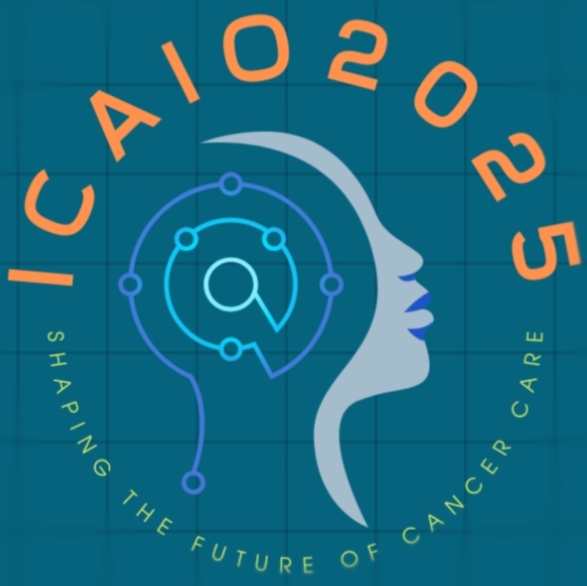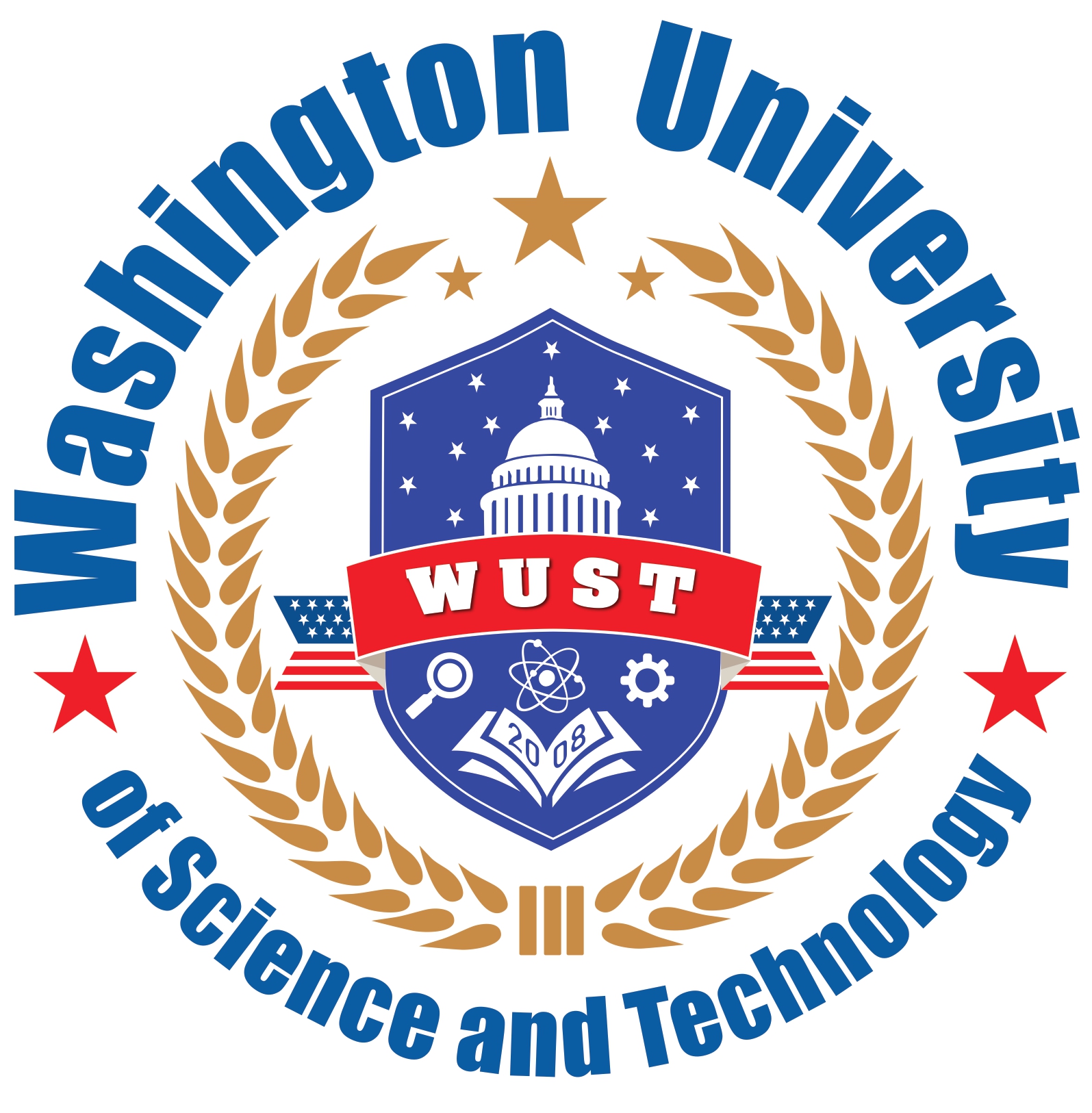1st International Conference on Artificial Intelligence in Oncology 2025 (Hybrid Mode)
Organized by Faculty of Science and Technology in collaboration with Washington University of Science and Technology, USA. & Research Cell, Vishwakarma University, Pune.
Date - 26th February 2025
Location : Vishwakarma University, Pune, Maharashtra, India




